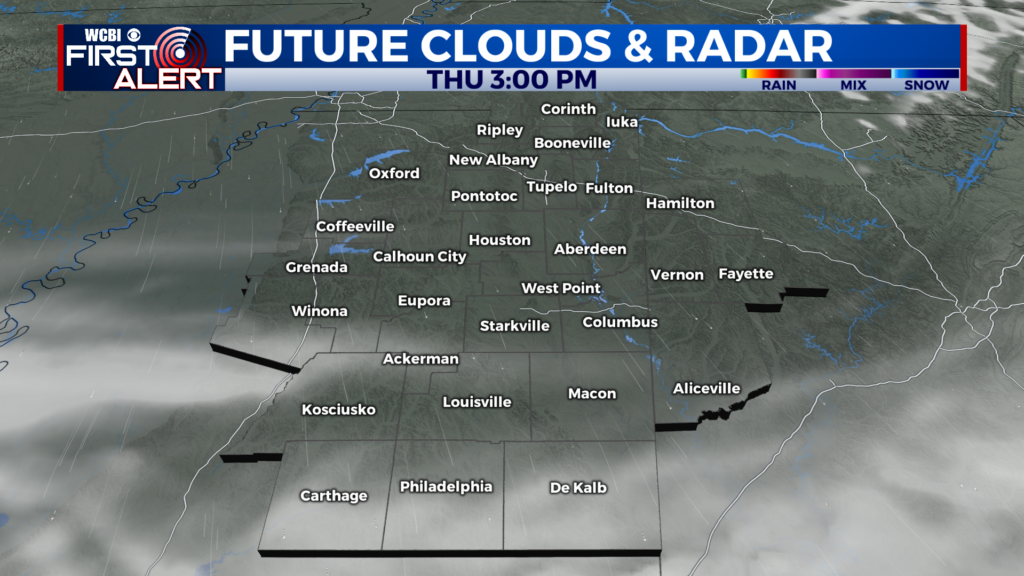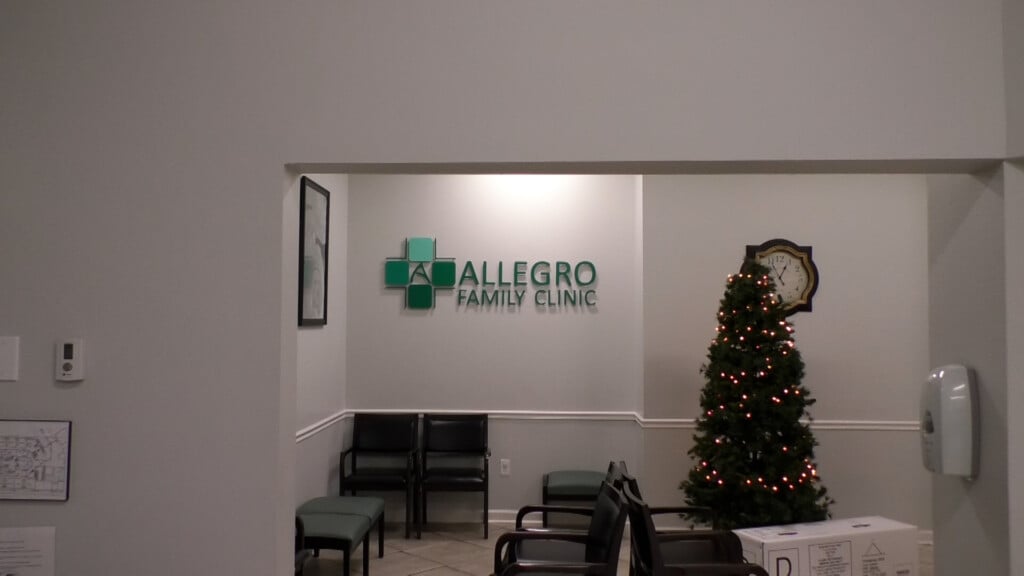Court: Pardon Doesn’t Clear Record
JACKSON (AP) – The Mississippi Supreme Court has again ruled a pardon by the governor does not wipe out a criminal record.
Katherine Robertson pleaded guilty to aggravated assault in 2006. In 2012, Gov. Haley Barbour pardoned Robertson, and she filed a motion in Madison County Circuit Court to have her record expunged.
The circuit judge denied the motion in 2013 and Robertson appealed.
The Supreme Court said Thursday it had already addressed the issue and it upheld the trial court’s denial of Robertson’s motion to expunge.
In Robertson’s case, Justice Josiah Dennis Coleman said Thursday that the circuit courts do not have the inherent power to expunge criminal records but they could if state law allowed.
“The Legislature has authorized expungement of criminal records in certain instances, including: youth court cases; first offense misdemeanor convictions before age 23; convictions for drug possession before age 26; convictions for purchasing alcohol as a minor; and municipal court convictions.
“However, the court recently held that there is no statutory authority for expungement of a pardoned conviction,” Coleman said.
Robertson was indicted for aggravated assault after she shot and injured a man. She entered a guilty plea and was sentenced to 20 years in prison with five years suspended
Last December, the justices ruled against Rebecca Hentz who also sought to have her drug conviction erased after being pardoned by Barbour. Hentz is lobbying the Legislature to pass a law authorizing the expunction.
In 2013, a Warren County judge ruled state law does not allow expunction of criminal records for Clarence Jones, who pleaded guilty to murder in 1992 in the stabbing death of his ex-girlfriend.
Clarence Jones received an indefinite suspension of his life sentence in 2004 from Gov. Ronnie Musgrove and was released from prison. He had served as a trusty at the Governor’s Mansion. He was pardoned by Barbour in 2008.
Jones’ appeal is pending before the Supreme Court.
In Robertson’s case, Justice Josiah Dennis Coleman said Thursday that the circuit courts do not have the inherent power to expunge criminal records but they could if state law allowed.
“The Legislature has authorized expungement of criminal records in certain instances, including: youth court cases; first offense misdemeanor convictions before age 23; convictions for drug possession before age 26; convictions for purchasing alcohol as a minor; and municipal court convictions.
“However, the court recently held that there is no statutory authority for expungement of a pardoned conviction,” Coleman said.
Robertson was indicted for aggravated assault in 2006 after she shot and injured a man. She entered a guilty plea and was sentenced to 20 years in prison with five years suspended.




Leave a Reply